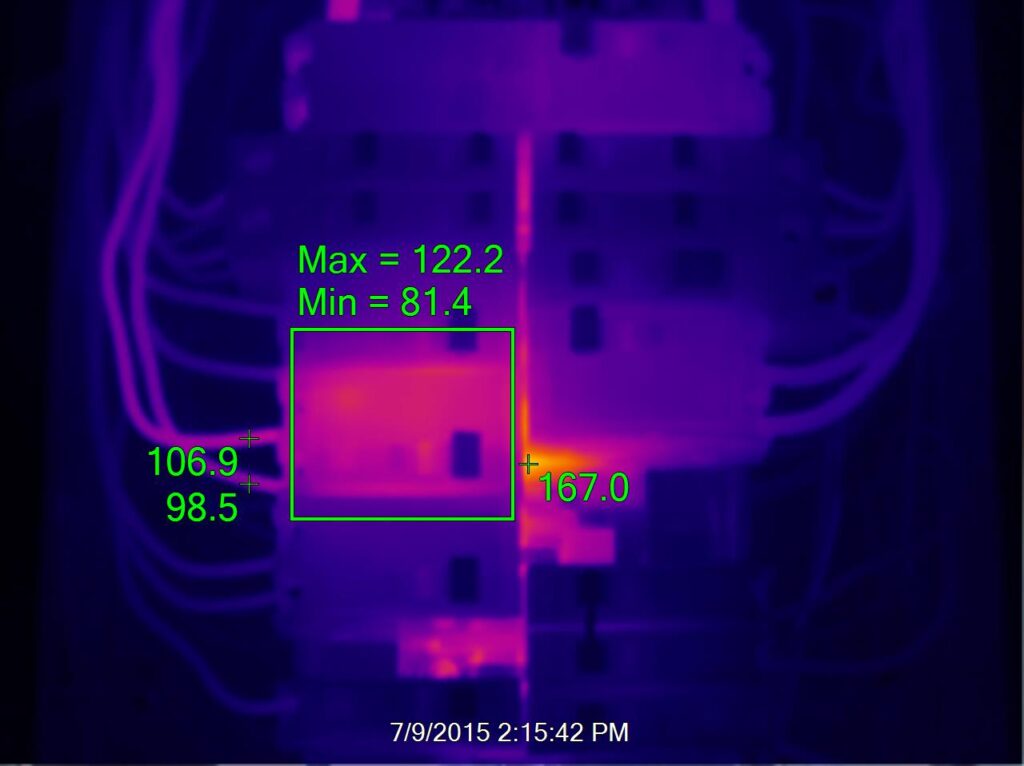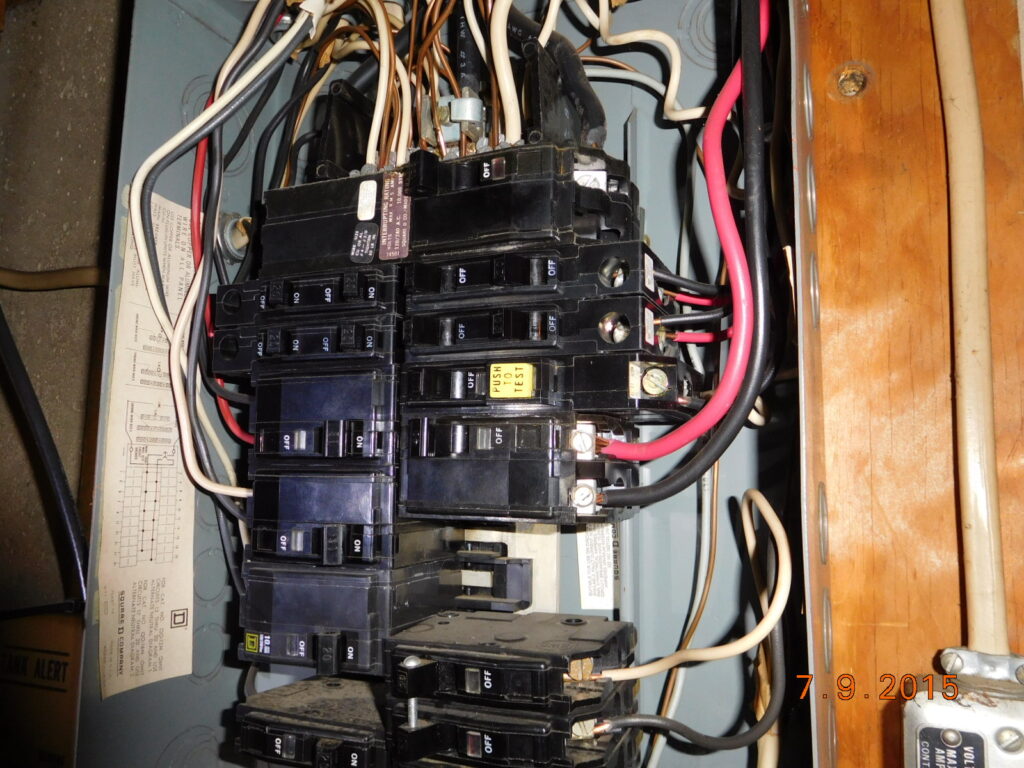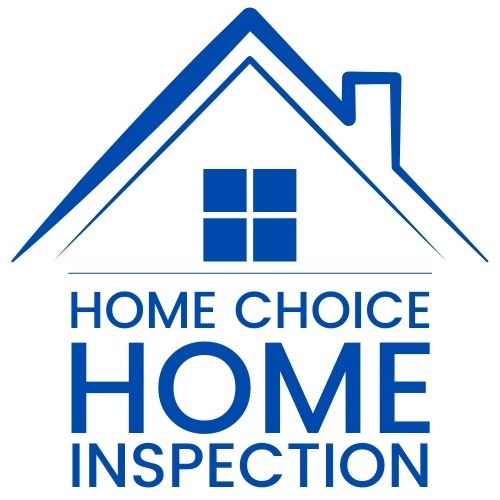Is Your Home Inspector Blind With Just a Flash Light?
Here at Home Choice, we use a high resolution thermal imaging camera to detect things that cannot be seen with the naked eye. The high resolution thermal imaging camera can help the inspector make recommendations of needed repairs, energy savings, and/or safety issues.
Thermal imaging is a fairly new technology that helps home inspectors create more accurate reports. Thermal imaging also gives the inspector the ability to uncover things about a home that can’t be seen using conventional home inspection methods.
FIND ELECTRICAL FAULTS
In areas where there might be an overload of electricity, thermal imaging can usually spot it.
Thermal infrared cameras can reveal the areas where temperatures might be elevated and potentially cause electrical fires.
Sometimes do-it-yourselfers will unknowingly overload a circuit conductor by using too many outlets, which can cause hot spots. It can happen in a remodel or a situation when a licensed electrician is not involved.
FIND MOLD AND MOISTURE DAMAGE
Home inspectors can’t look behind walls, but a thermal infrared camera can help find areas where mold and moisture have become an issue.
Mold and moisture show up as cold spots, which in turn shows up on the camera. This will help the inspector know if a test for mold or moisture should be conducted.
UNWANTED PESTS
The last thing you want to do is move into a home with unwanted pests. The infrared camera can usually detect a temperature difference of pests, and that there might be something that needs further investigation.
ENERGY EFFICIENCY OF THE HOME
Infrared cameras are able to detect where there might be less insulation, if heat or cold is escaping or entering the home, helping the prospective buyer know if the home is energy efficient.
ROOFING LEAKS
Thermal imaging can help reveal hidden sources of leaks in roofs where water might not typically be seen.
STRUCTURAL DEFECTS
Structural defects, including missing insulation, can show up on thermal imaging, as well as water in crawl spaces.
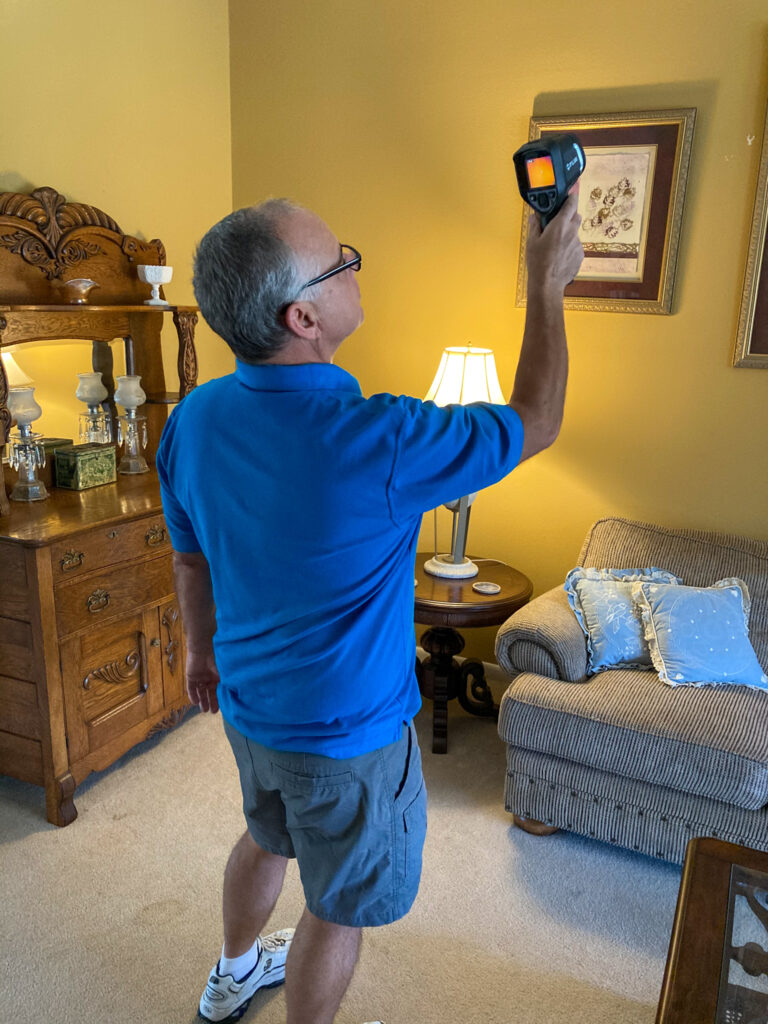
MISSING OR DISTURBED INSULATION
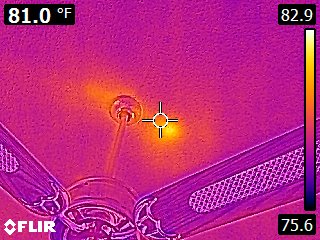
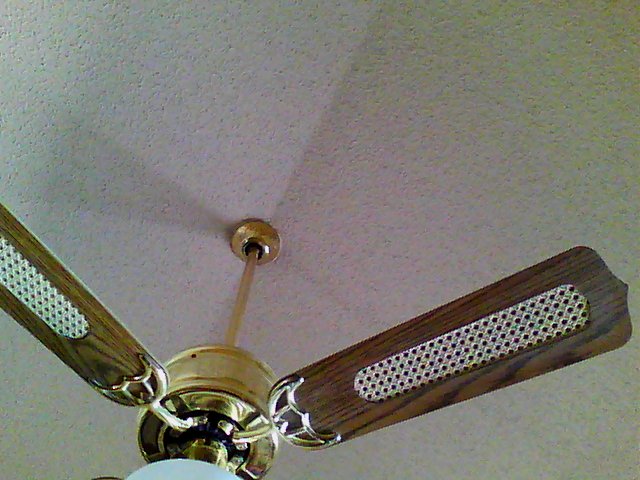
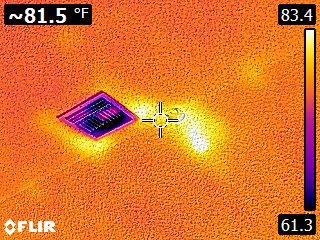
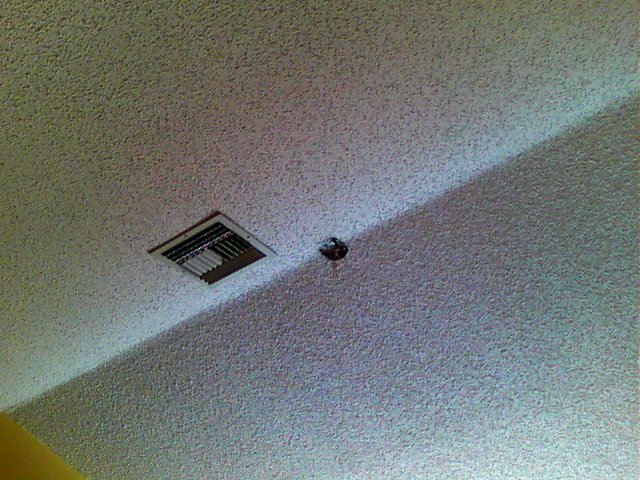
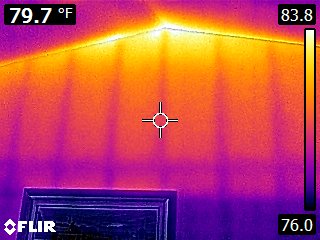
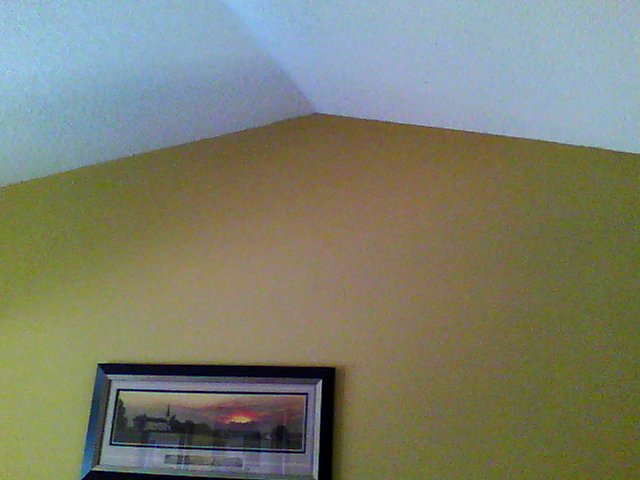
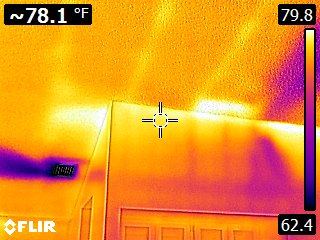
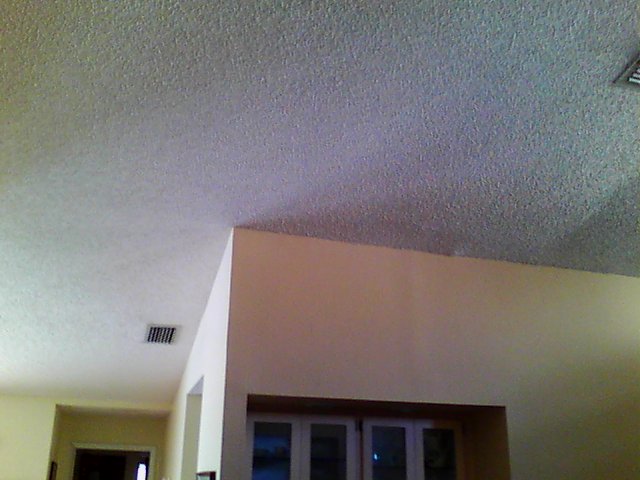
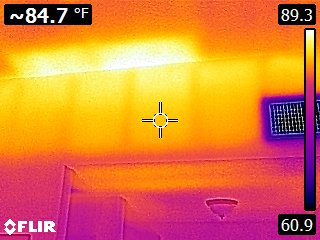
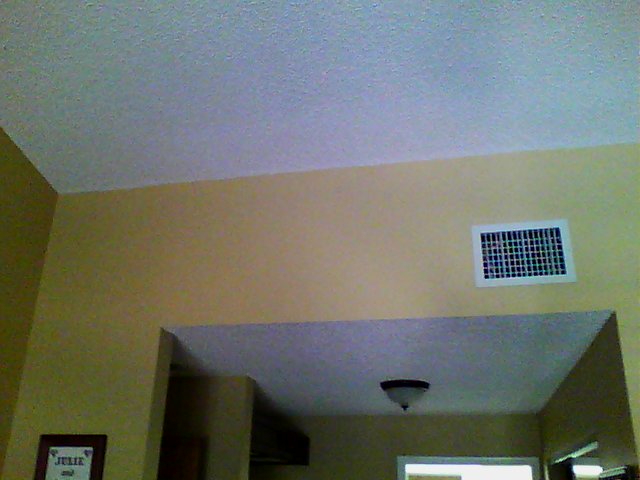
WET WINDOW PANEL – POTENTIAL MOLD ISSUE
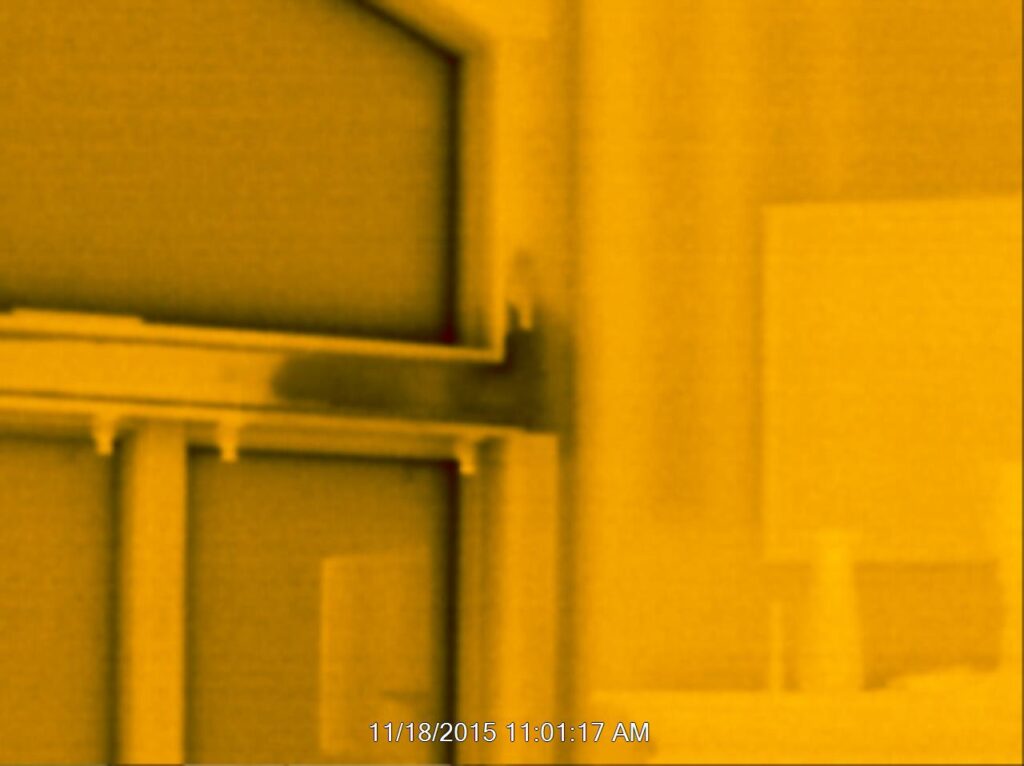
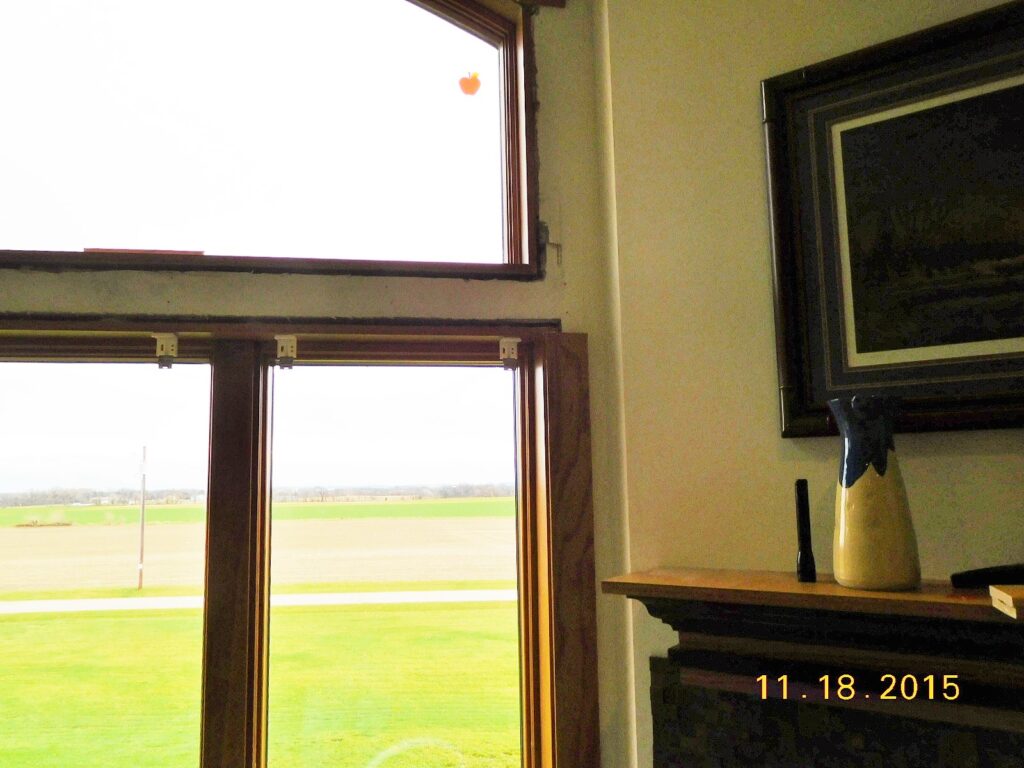
OVERHEATED ELECTRICAL PANEL – POTENTIAL FIRE HAZARD
